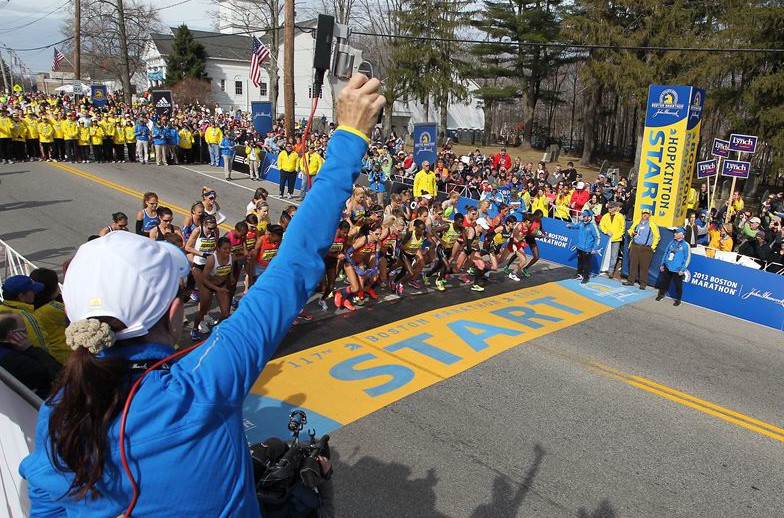I thought recently of this 2014 Gary Indiana quote about contemporary NYC and the U.S.: “This city, America, loves the successful sociopath and thinks it’s normal to dream of becoming like him.”
In the London Review of Books, Indiana writes of Masha Gessen’s The Brothers, her examination of the motivations of the Tsarnaev siblings, who perpetrated the horrific Boston Marathon bombing. The title was largely taken to task in the New York Times by former DHS Secretary Janet Napolitano, not a disinterested party. Indiana, conversely, lavishes praise upon it. In doing so, he argues that destabilized economies, America’s included, are helping to breed violent radicals. Perhaps, though even in times of relative financial stability, such acts of political terrorism occur. The extremist child can be born of many different types of parents, not just poor ones.
An excerpt that quotes another treatment of terrorist tragedy, Yasmina Khadra’s novel The Attack:
What passed between the brothers in the ten months after Zubeidat’s departure to Dagestan is terra incognita. The chances are no specific event or Svengali-like radicalisation inspired the Tsarnaev brothers to blow up the Boston Marathon. As a policeman in Yasmina Khadra’s 2006 novel The Attack puts it: ‘I think even the most seasoned terrorists really have no idea what has happened to them. And it can happen to anyone. Something clicks somewhere in their subconscious, and they’re off … Either it falls on your head like a roof tile or it attaches itself to your insides like a tapeworm. Afterwards, you no longer see the world in the same way.’ The media fantasy that Tamerlan was schizophrenic and ‘heard voices’ is highly improbable. The consensus among terrorism experts is that terrorists are normal people. ‘He was a perfectly nice guy.’ ‘The last person I’d imagine doing something like this.’ After the fact, neighbours, friends and co-workers invariably say the same things about terrorists as they say about serial killers. It’s worth noting that there isn’t a single provable instance of the legendary FBI profiling unit in Quantico, Virginia actually instigating the capture of a serial killer: it tends to be when someone is stopped for driving with a broken tail light that the dead body in the trunk is discovered. It’s only afterwards that we’re told they ‘fit the FBI profile’.
*
Why did they do it? How could they? In the world we live in now, the better questions are: why not? Why wouldn’t they? To quote Khadra’s novel again, on suicide bombers: ‘The only way to get back what you’ve lost or to fix what you’ve screwed up – in other words, the only way to make something of your life – is to end it with a flourish: turn yourself into a giant firecracker in the middle of a school bus or launch yourself like a torpedo against an enemy tank.’ Everything the US has done to prevent terrorism has been the best advertising terrorism could possibly have. The ‘war on terror’ has degenerated since its ugly inception in Afghanistan and Iraq into a two-pronged war against the US domestic population’s civil rights and the infrastructures of Muslim nations; every cynical episode of this endless war has inched America closer to a police state, and turned people minding their own business in other countries into jihadists and suicide bombers. If the United States were at all interested in preventing terrorism, it would first have to acknowledge that the country belongs to the citizens its economic policies have impoverished, and get rid of emergency laws that violate their rights on the pretext of ensuring their safety. This would involve dismantling the surveillance state apparatus that inflates its criminally gigantic budgets with phony terrorism warnings and a veritable industry of theatrical FBI sting operations. And then the country would have to address the systemic social problems that have been allowed to metastasise ever since the presidency of Ronald Reagan. As everyday existence becomes more punitive for all but the monied few, more and more frustrated, volatile individuals will seek each other out online, aggravate whatever lethal fairy tale suits their pathology, and, ultimately, transfer their rage from the screen world to the real one.•

